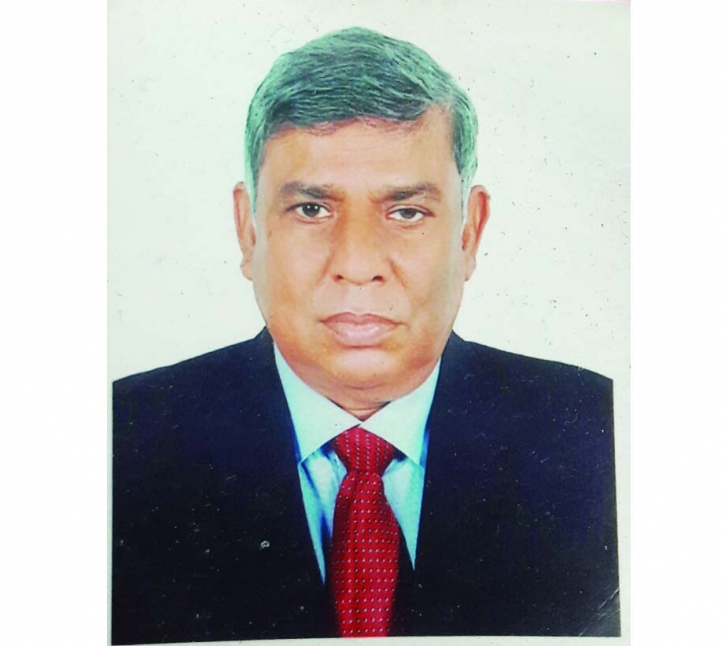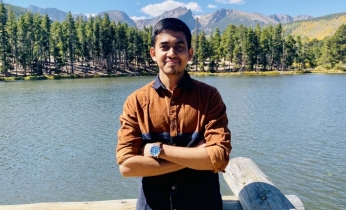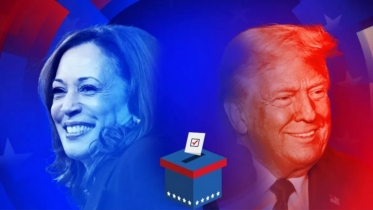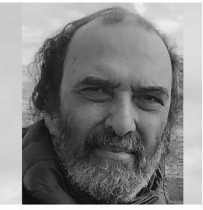
The mentally prepared Bengali nation under the leadership of Bangabandhu took part in the all-out people's war and snatched independence in just nine months. After that desired victory on 16 December, Bangabandhu returned to Dhaka on 10 January after being released from Pakistan prison. Then another chapter in Bangabandhu's life began as head of government of an independent country. We must review this stage of history being impartial; otherwise we will remain responsible for history.
At this stage, the path was not smooth for Bangabandhu at all. The country was in turmoil at that time. As war trodden country its economy broke down totally, communication was inadequate, industrial production was almost non-existent and no raw materials or spare parts. The law and order situation became extreme. At this time, the ruling party should be the most restrained about corruption and violence. But it did not happen and the ever covetous burocrats became uncontrollable. As soon as they came to power in the state, they created a level of corruption that is conducive to the development of democracy or parliamentary democracy. This time Bangabandhu expressed his frustration that had been uttered in some of his speeches. He told aiming at his party men, 'others get gold mine whereas I have got the mine of thieves. I brought 7.5 crore of quilt from abroad, where is that of mine?' In another speech aiming at the burocrats he said, 'don't undermine poor farmers and labourers. You get your wages in exchange of their toil. Do honour them.'
Drought occurred in 1972 in the north and east of Bangladesh due to lack of rainfall as expected. The 1971 war created a dire situation for the devastated country. The government has to face serious problems in preventing the drought. An international intrigue or conspiracy was also plotted to impose a famine in newly emergent country. Political stability was needed to overcome these failures. But the extreme left and right parties have destroyed political stability of the country. Political instability was not handled in a sophisticated way. The Attempts were made to suppress political dissent through applying force.
The student wing of the Awami League was also weakening for the infighting in the Chhatra League, paving the way for parliamentary democracy and military rule. This conflict started in the beginning of 1972. The group led by two BCL leaders ASM Abdur Rob and Shahjahan Siraj was in favor of 'scientific socialism'. Because they thought that the steps taken by the government to establish a society without exploitation were not enough and right. Leaders of other groups Abdul Quddus Makhan and Noor Alam Siddiqui disagreed with them. In a speech at Suhrawardy Udyan on June 6, 1972, Bangbandhu Sheikh Mujib declared, I want to establish scientific socialism. Pure socialism will be established in Bangladesh, nothing else. But later he supported the Makhan-Siddiqui group because of his nephew Sheikh Moni. As a result, Chhatra League was divided. This was reflected in the Awami League and its affiliates. In this context, new political party Jasad was formed on 31 October 1972.
And in a very short time the JSD gained popularity. A large number of BCL and Awami League workers joined the JSD and they were the main force of the party. From 1973-74, various rumors about Bangabandhu's family began to spread. There were rumors about the members relatives of the Sheikh family. There is no reason to think that all the rumors were based, but most of them later proved to be erroneous. But in the context of that time, people somehow believed in these. There were two main types of rumors: usurpation of power and corruption. The background to the declaration of the state of emergency in 1974 may have been rational. But whatever the rationale, the announcement hit the civil society hard. Because, just two years ago, the constitution emphasized on fundamental rights and related issues.
Twenty-six days later, on January 25, 1975, the Fourth Amendment was issued to amend the Constitution. Earlier, a meeting of the Awami League's parliamentary party was held at Ganobhaban on January 19, where Bangabandhu criticized the party leaders and workers for being "ruthless" and mentioned the basic solution needed to save the country's existence. This fundamental solution was the Fourth Amendment. Announcing the structure of 'Bangladesh Krishak Sramik Awami League' or 'Bakshal' as a national party on 6 June 1975,its central committee includes politicians, teachers, soldiers, bureaucrats and representatives of various professions.
Bangabandhu started the 'Second Revolution' to deal with the unfavorable internal situation. The situation came under control after the new program was adopted. There are signs of stability in the economy. The price of rice has come down from eight rupees to five and a half rupees, while the price of potato has come down from two rupees to five and a half rupees. The journey of the new administrative system is supposed to start from September 01. But before that Bangabandhu Sheikh Mujibur Rahman was killed along with his family on 15 August.
The manner in which the Bangabandhu family was assassinated makes it clear that it is a domestic and international conspiracy, the planning of which has taken for a long time. According to the released US documents, the countries opposing the liberation war of Bangladesh recognized Bangladesh quickly only in the hope of stabilizing the new government in the name of 'Islam'. At this stage, the Prime Minister of Pakistan Zulfikar Ali Bhutto started dreaming of forming a federal confederation of Pakistan with Bangladesh. By reviving the veiled dream of the great liberation war of 1971, Bhutto went a long way in the illusory imagination of a united (!) Pakistan. His congratulatory message to the new government also hints at this.
Salvador Allende, the Chilean democratic socialist politician serving as the 28th president of Chile died on 11 September 1973. He was the first Marxist to be elected president in Latin America. On 11 September 1973, the Chilean military under general Augusto Pinochet, aided by the United States and its CIA, staged a coup against Allende. Shortly after his speech to the countrymen through radio, the coup plotters announced that Allende had committed suicide. His guilt(!) was that he was an Marxist and was in a good term with Soviet Union. It is known that most of the murder of the statesman and noted political leaders were committed by CIA. But in one case there is a failure. Their 638 attempt to murder Fidel Castro, the revolutionary leader and Cuban president were foiled. The young ambitious killers of Bangabandhu were in a good relation with American embassy. So, it can be assumed that after 4th amendment had been passed, the international conspirators did not make delay to kill Bangabandhu and his family members. The killers have been tried after a long time. Overcoming all obstacles, Bangladesh is moving forward under the leadership of Bangabandhu's daughter Sheikh Hasina. Yet in some cases the killers have succeeded. They wanted to erase one among four national principles of the constitution, which is secularism, which have yet to be rewritten and reestablished with its full glory.
The writer is an assistant professor of English and Narail district correspondent of The South Asian Times.





































